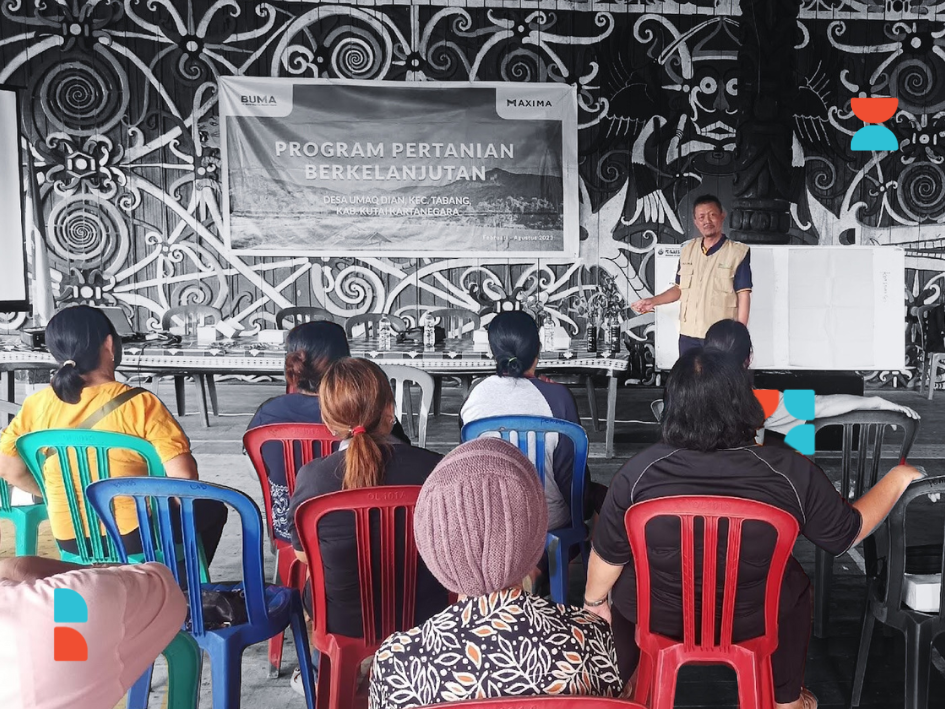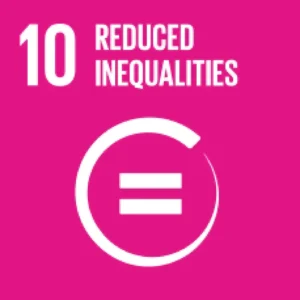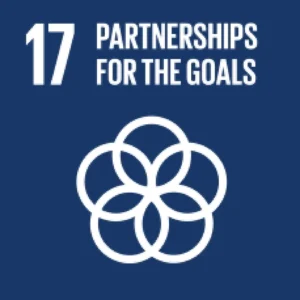
Designing Strategic Benefits, BUMA Conducts Social Research
How does research open up a new journey for BUMA?
PROBLEM
Operating in Berau Regency, East Kalimantan, PT Bukit Makmur Mandiri Utama (BUMA) faces not only technical challenges in the mining sector but also complex social issues. With the presence of the mining industry, local communities have increasing expectations for the company’s economic and social contributions. This situation has placed BUMA in uncertainty regarding its approach toward the community. The core issues BUMA identified are:
- Lack of deep understanding of local community needs and social dynamics: Without comprehensive social research, it is difficult for BUMA to grasp the real issues faced by the community. The needs, expectations, and challenges of local communities can vary greatly depending on cultural, geographical, and economic factors. Without this understanding, CSR programs risk being misaligned and failing to deliver significant impact.
- Inability to identify relevant opportunities from community potential: BUMA requires social research to understand the local potential that can be developed, both in terms of community skills and available natural resources. This research will provide insights into how the company can collaborate with the local community to create sustainable economic solutions. Without such research, BUMA’s CSR initiatives may be limited to short-term, unsustainable approaches.
SOLUTION
To address these challenges, BUMA adopted a Impact Research approach as a foundation for designing more effective and targeted community empowerment programs. Social research helps the company not only understand the community more deeply but also create data-driven intervention strategies tailored to local needs.
Strategic recommendations from BUMA’s impact research included:
- Identifying Real Needs and Developing Targeted Programs: By conducting social research involving field surveys, interviews with community leaders, and socio-economic analyses, BUMA could identify the specific needs of different community groups. This information formed the basis for designing more relevant and sustainable CSR programs, avoiding generic approaches that often fail to address unique local challenges effectively.
- Mapping Local Potential for Sustainable Economic Empowerment: Through social research, BUMA could understand the resources and skills available within the local community. For example, if a community had specific skills in crafts or agriculture, BUMA could design training or empowerment programs that supported community-based economic development. This ensured CSR programs provided long-term empowerment, not just short-term assistance.
- Enhancing Community Engagement and Participation Towards Individual Independence: Impact research also paved the way for active community participation in the planning and implementation of CSR programs. By involving the community in participatory research, BUMA ensured that the community’s voice was heard and considered in every step of the program. This fostered a sense of ownership and stronger trust between the local community and the company.
PROJECT RESULTS
The implementation of impact research has yielded significant achievements for BUMA in terms of both social impact and its relationship with the local community:
- Development of More Targeted CSR Programs: Thanks to the results of social research, BUMA successfully designed CSR programs more aligned with the needs of the Berau community. For instance, skill training focused on local business development in agriculture and crafts has enhanced technical skills and provided sustainable economic opportunities.
- Improved Quality of Relationships Between the Company and Local Community: By involving the community in the research process, BUMA fostered a more harmonious relationship with local communities. People felt included in decision-making processes regarding programs that directly affected their lives, reducing the potential for social conflict and increasing support for the company’s operational sustainability.
- Sustainable Economic Solutions for the Community: Programs designed based on social research focused not only on short-term aid but also produced long-term, sustainable impacts. Economic empowerment programs that followed research have created new job opportunities and improved household income in previously marginalized communities within the mining economy.
By employing a impact research approach, BUMA has successfully developed more holistic solutions to social and economic challenges in its operational areas in Berau. This approach proves that understanding the social characteristics of a community in-depth is key to creating effective and sustainable empowerment programs. Ready to initiate more strategic impact initiatives? Consult with Maxima Impact Consulting and find the right solution for your organization!
Project Type
Coverage Area
Period
Partner

SDG




